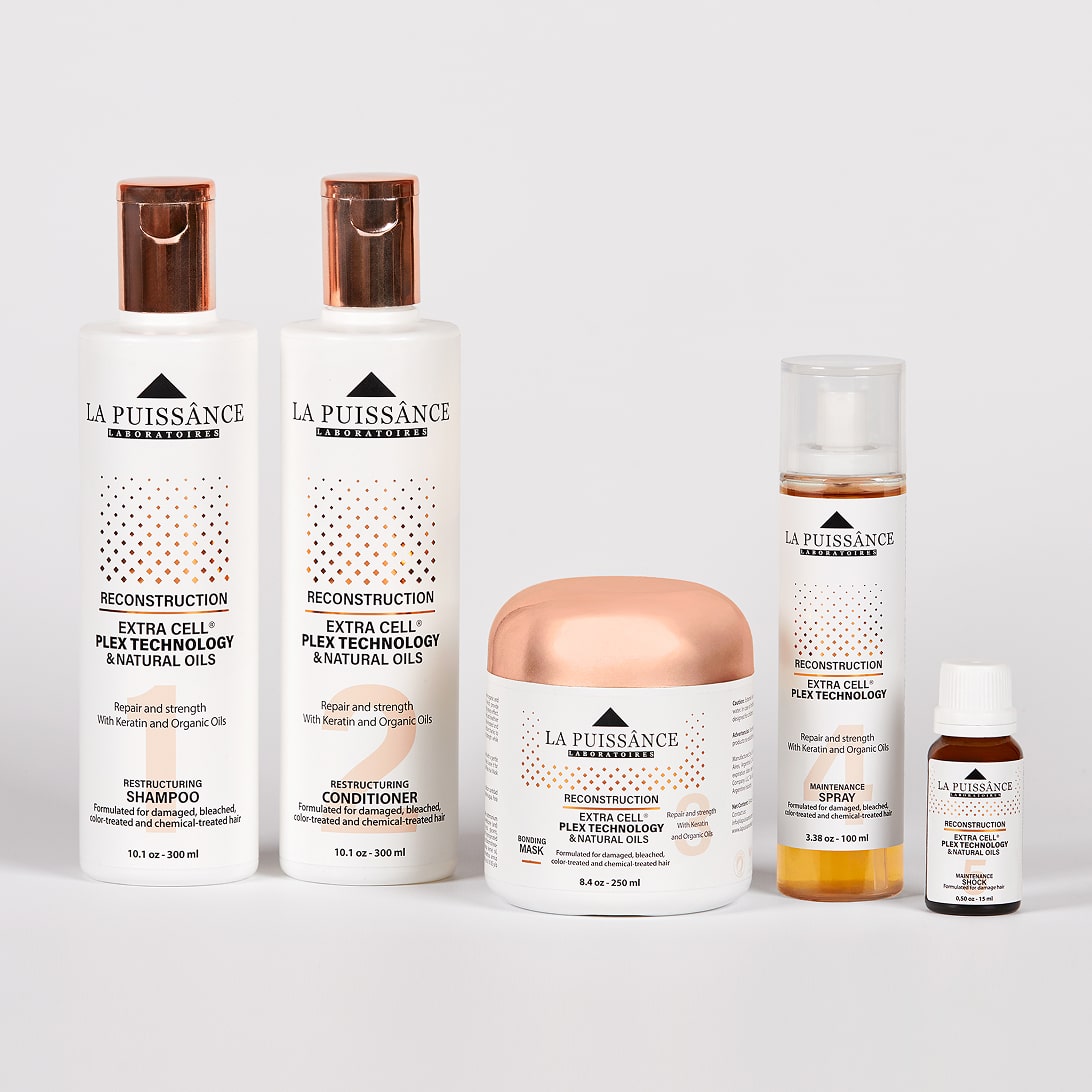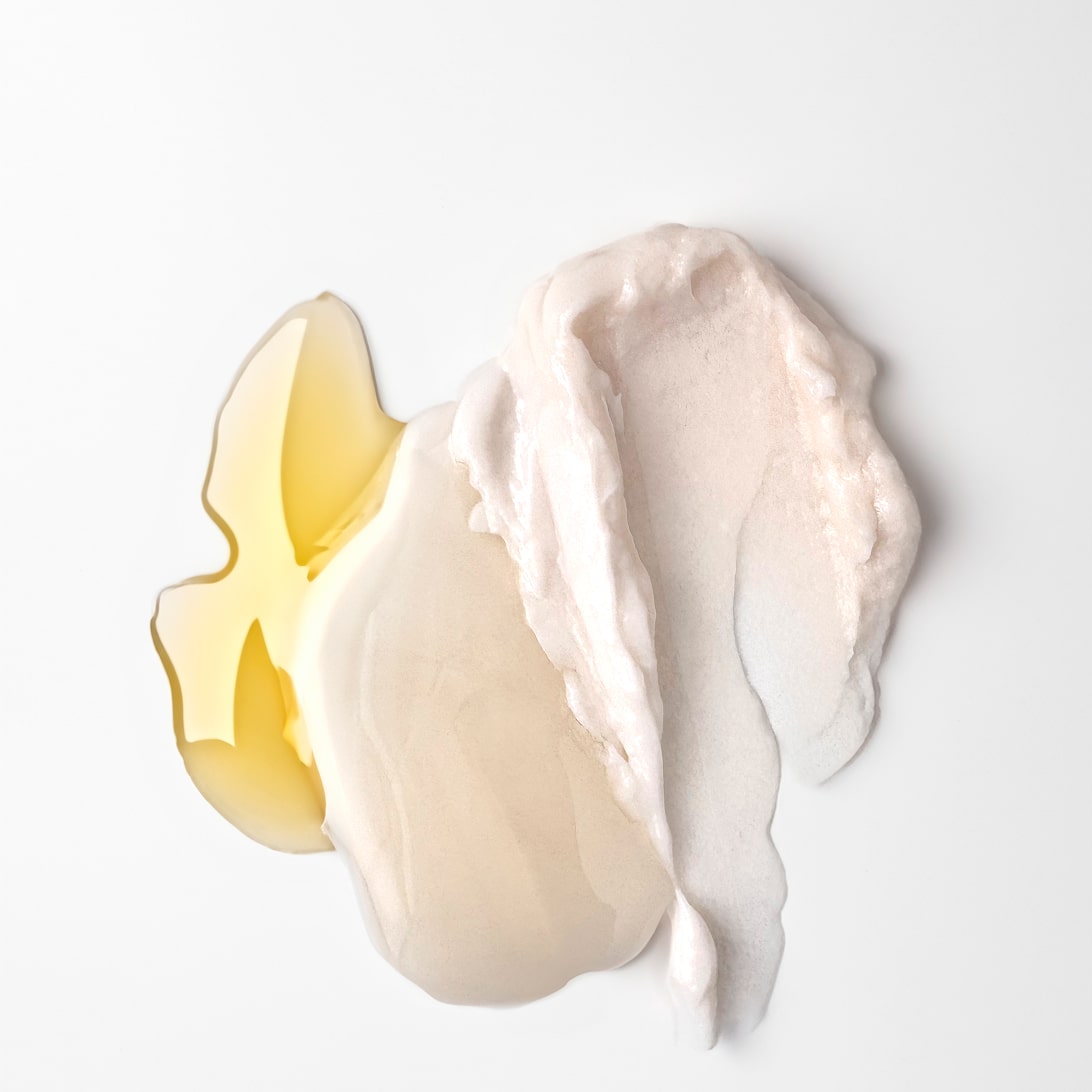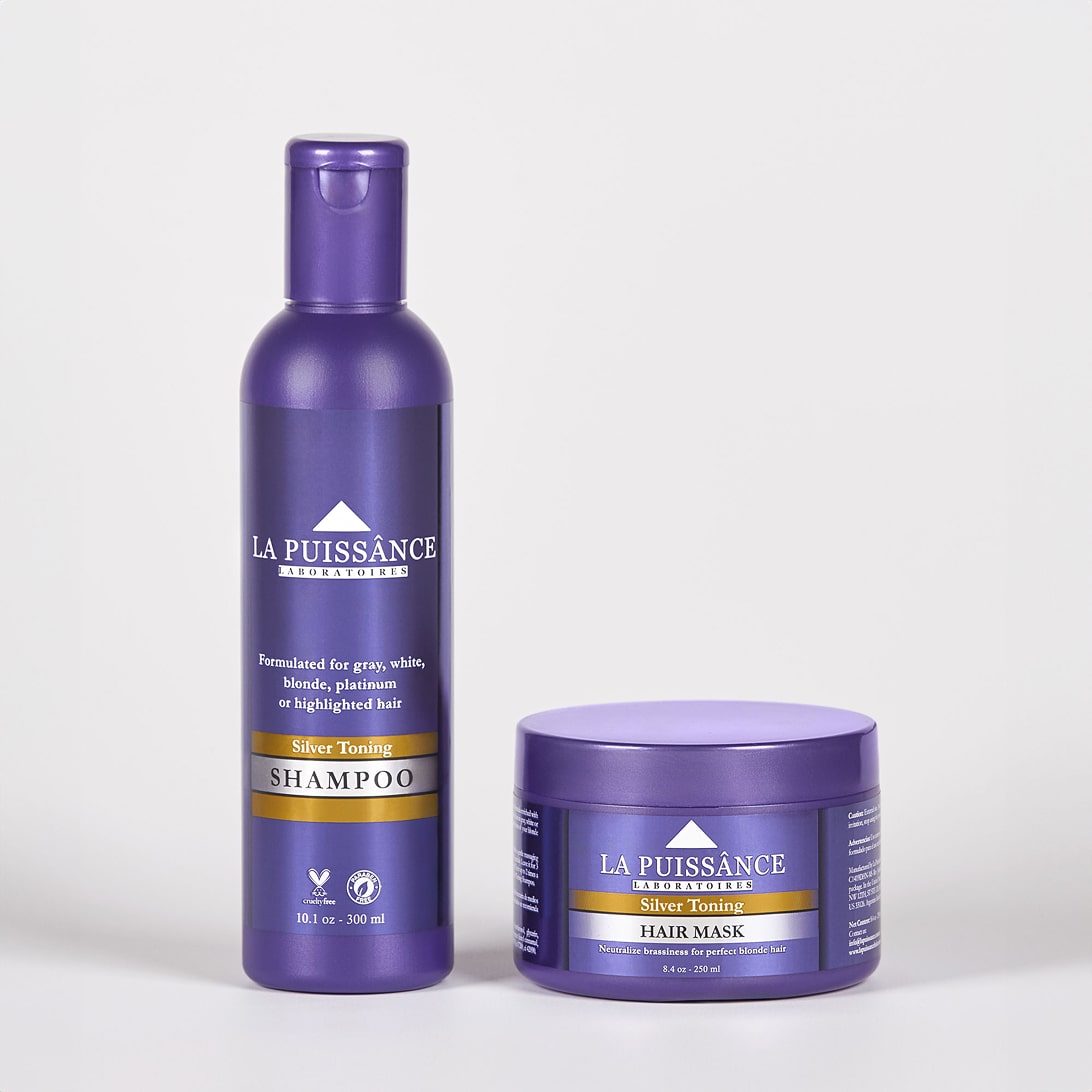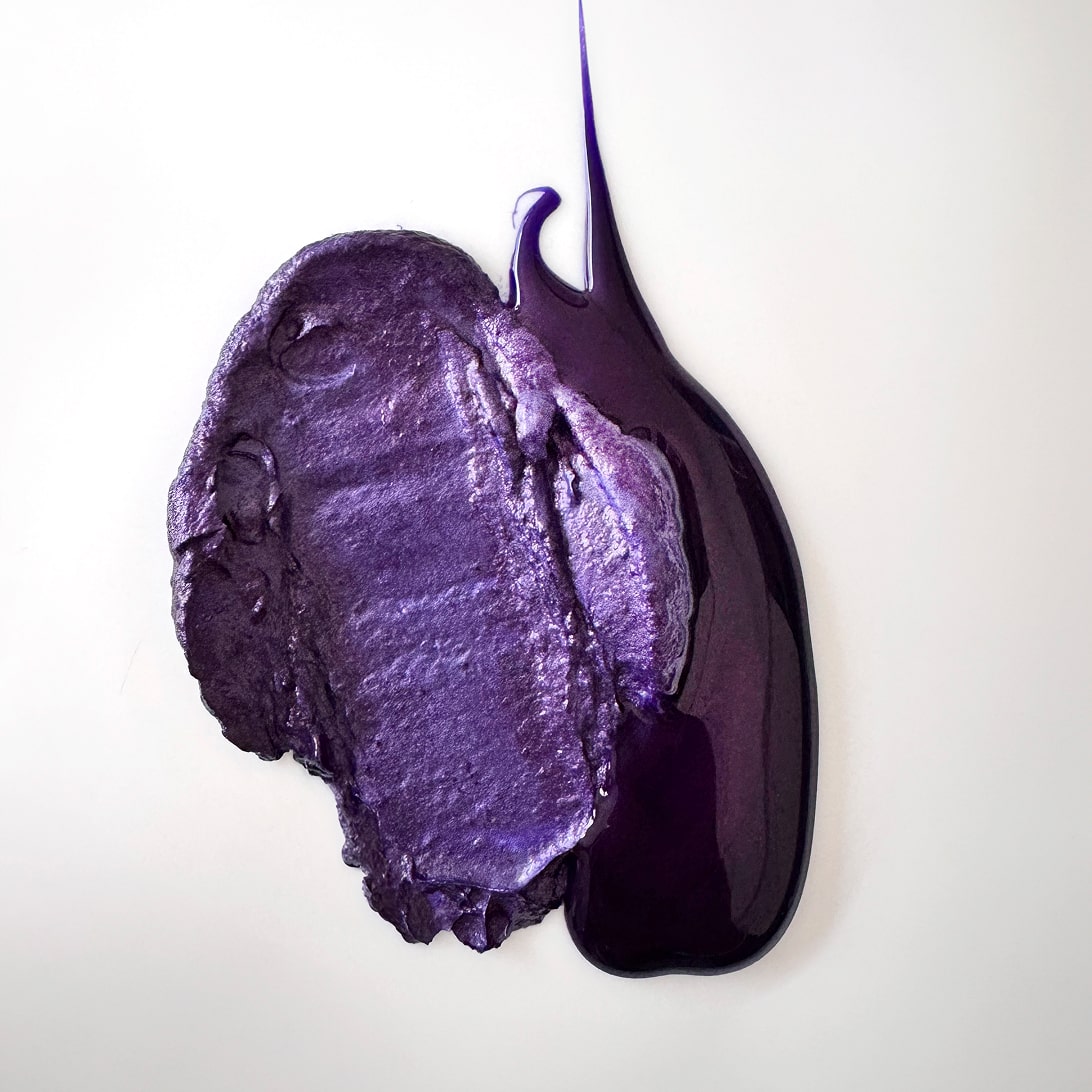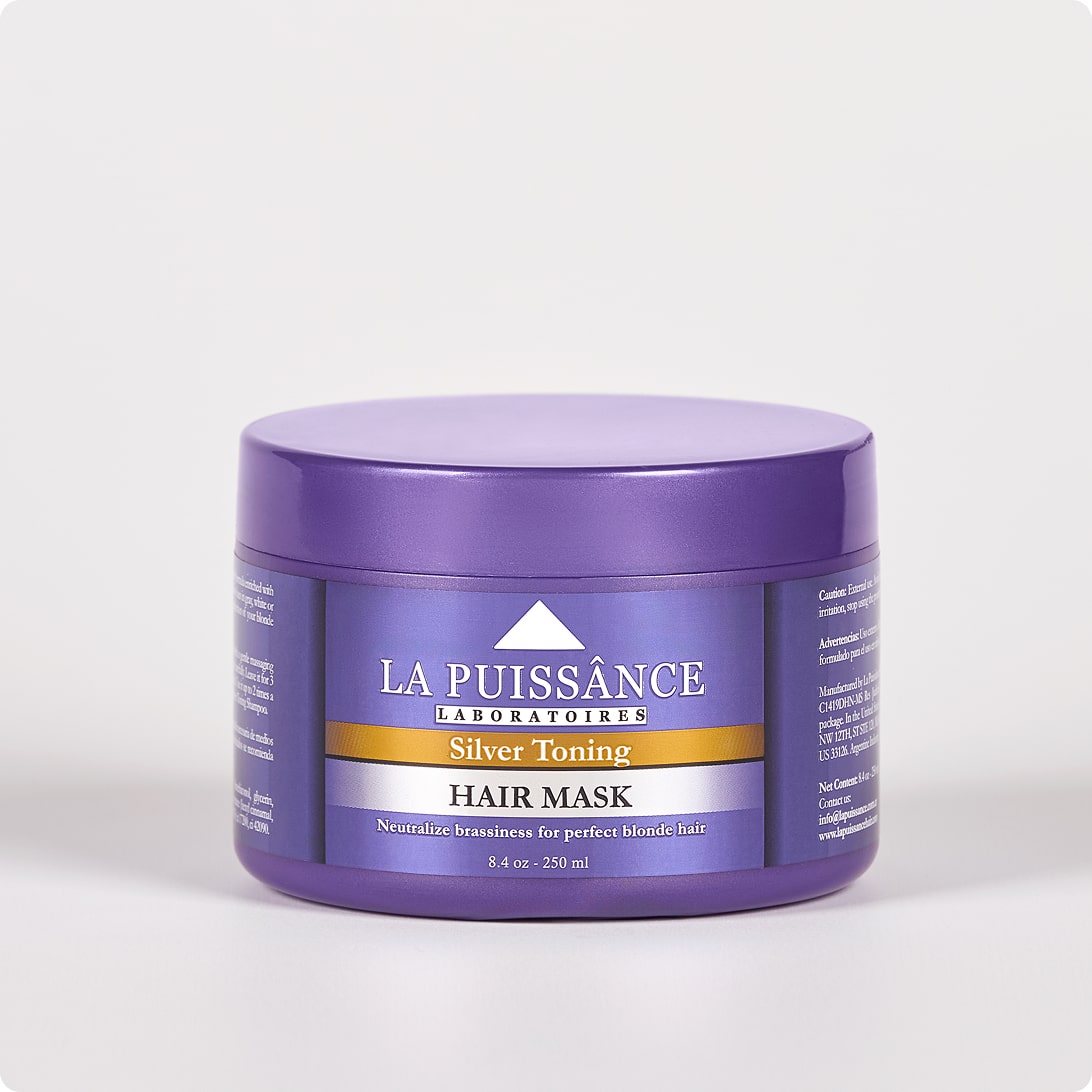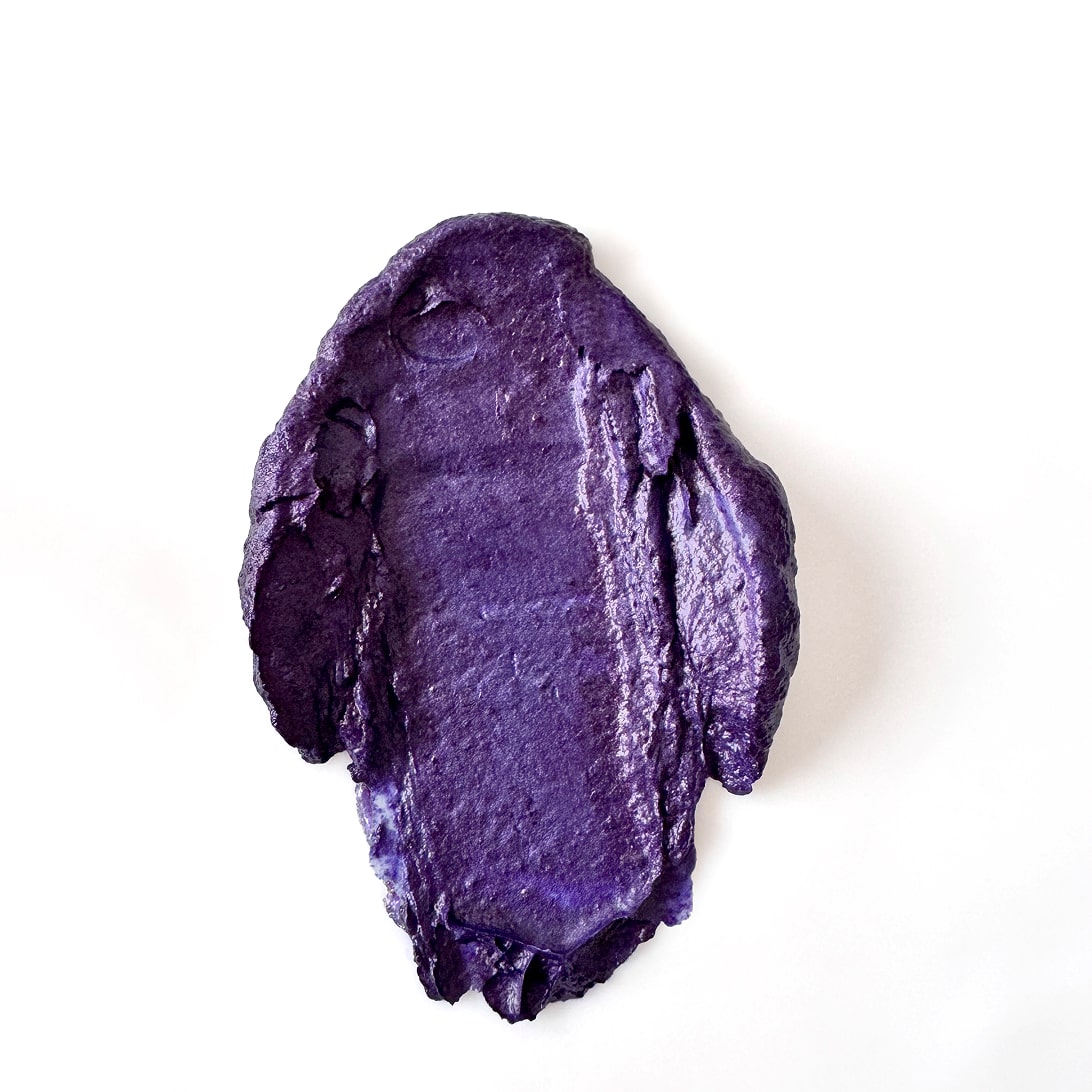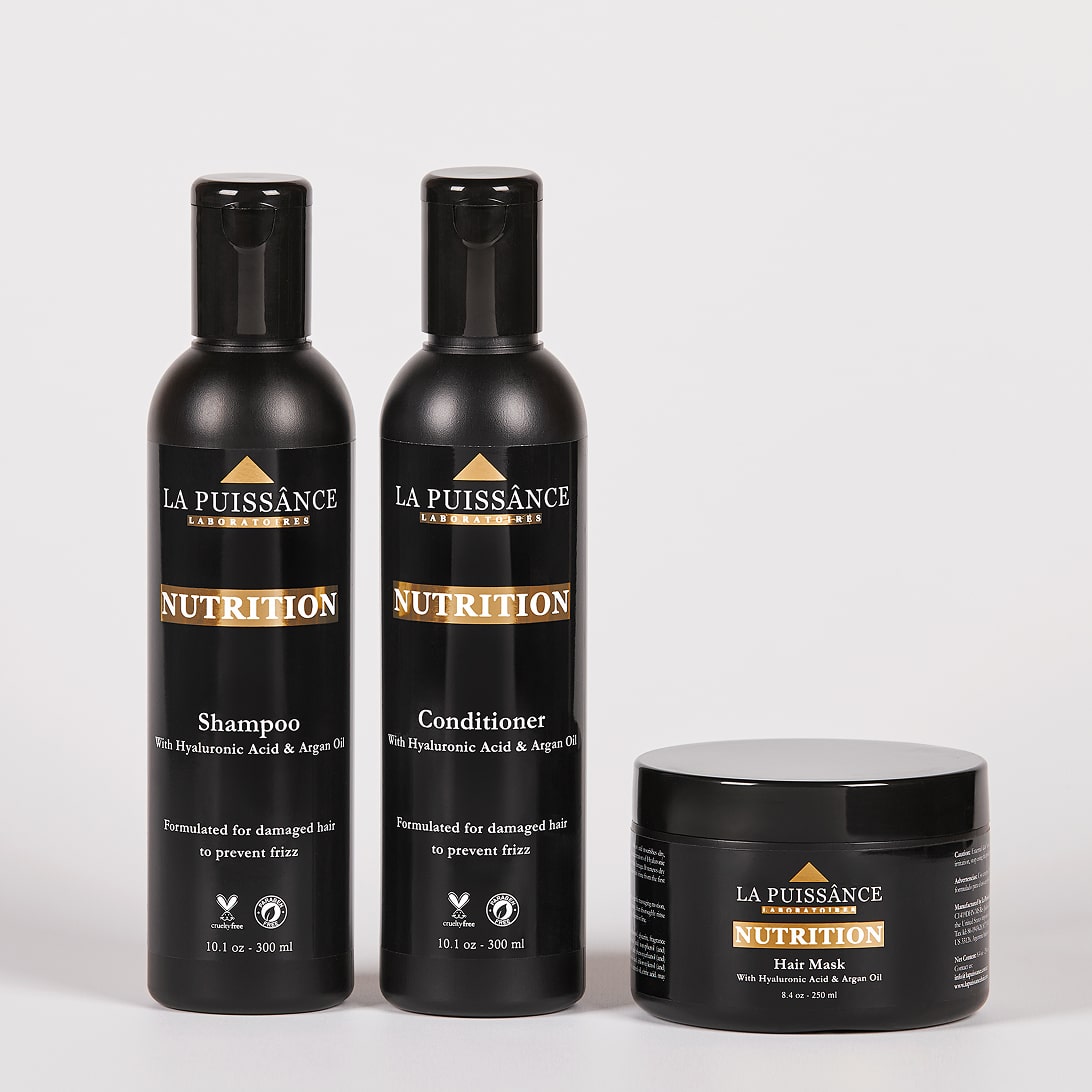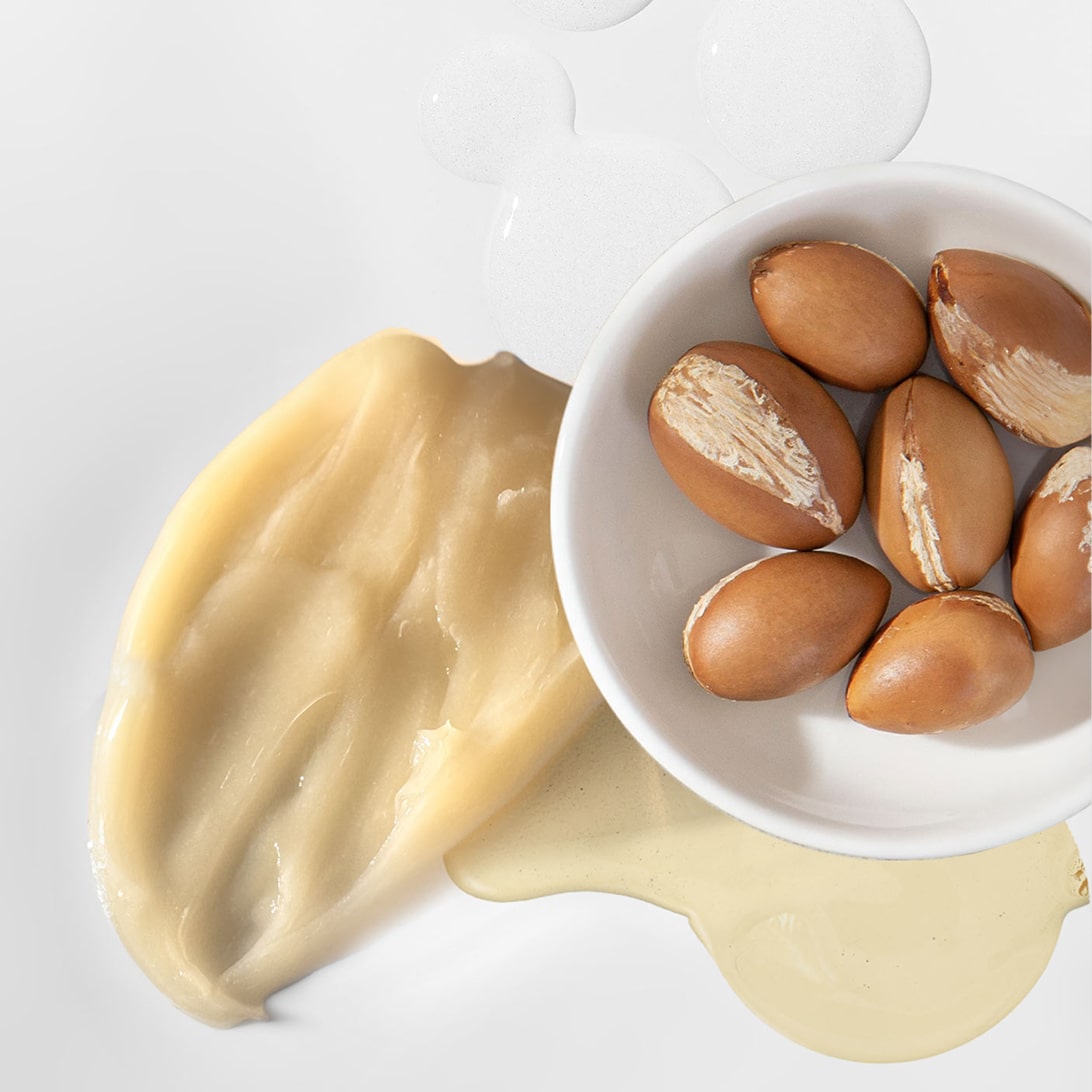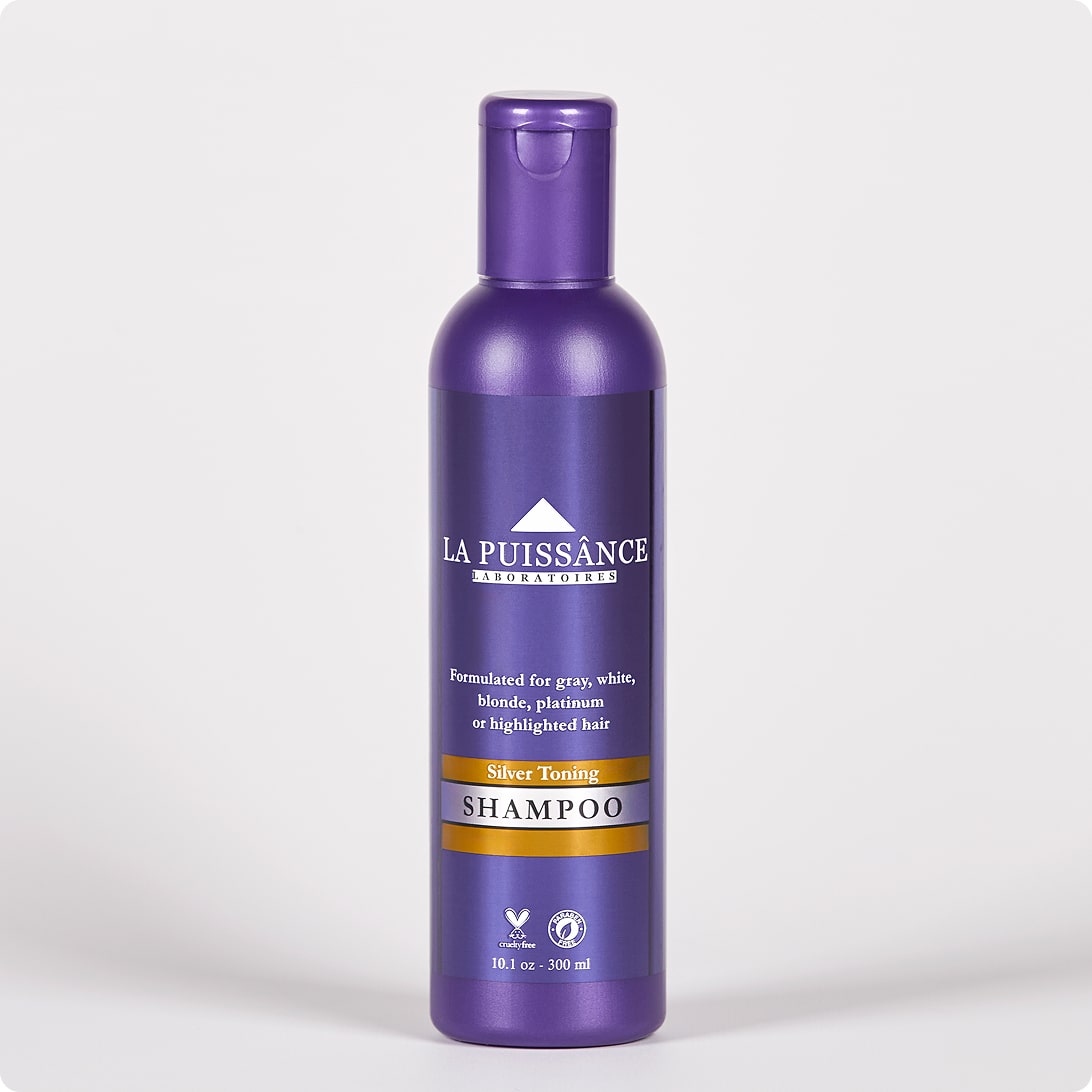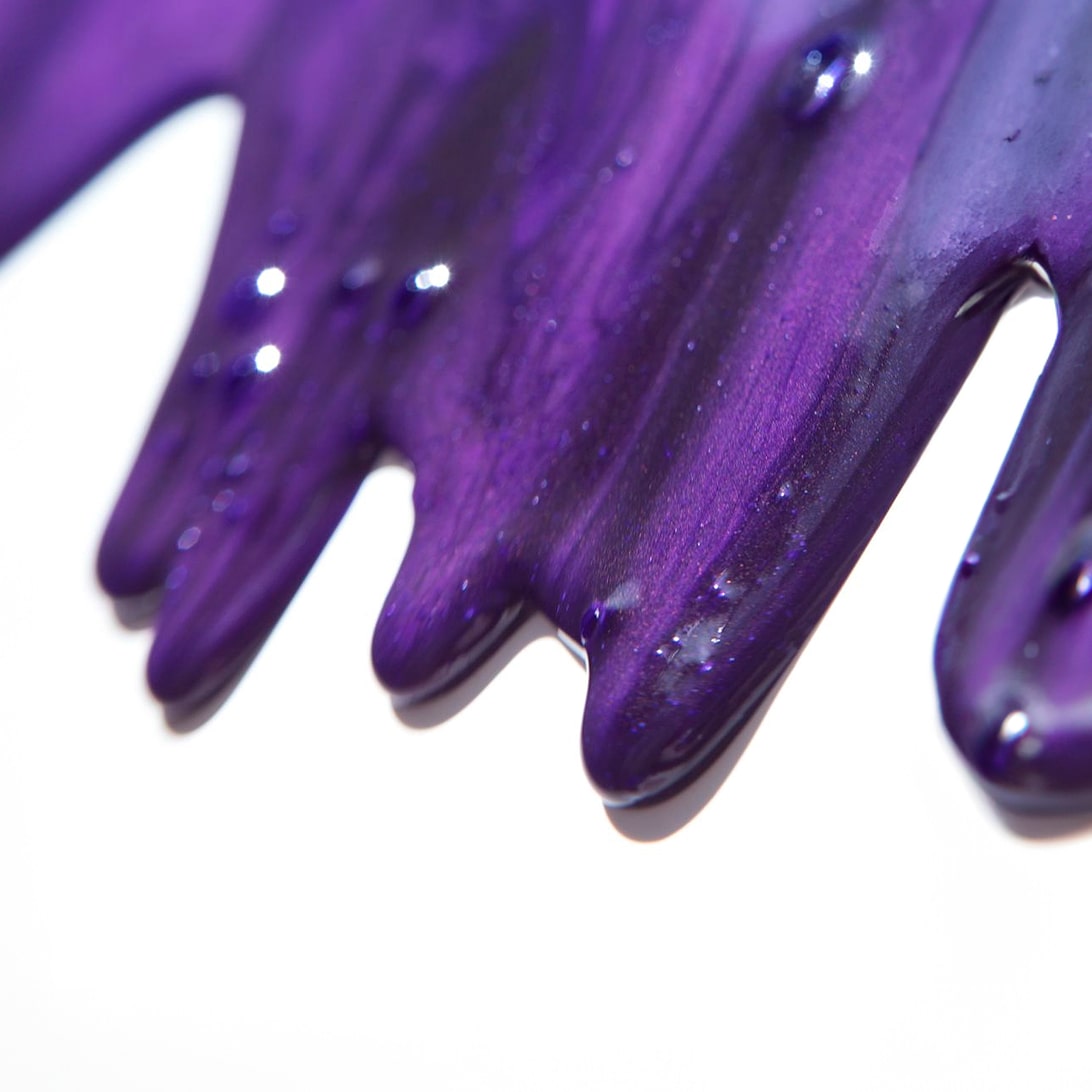
Why Menopause can Cause Hair Loss and how to Help Boost Hair Growth
Mood swings and weight gain are the hallmark signs of menopause. However, there's another side effect that is not discussed as frequently, and that is hair loss. Between 20 and 60 percent of women experience hair loss by the age of 60. This is because hormonal changes during menopause affect both the size of hair follicles and the growth rate of each strand. In this article, we'll tell you everything you need to know about menopause and its relationship with hair.
Hair Growth Cycle
As we discussed earlier, hair has a specific growth cycle consisting of the anagen, catagen, and telogen phases. Each hair strand is not necessarily in the same phase at the same time. Normally, about 85% to 90% of hair is in the anagen phase, the growth phase, while 1% is in the catagen phase, where the hair growth rate slows down, and the rest of the hair (around 10% to 15%) is in the telogen phase, where the hair rests before falling out.
It's possible to lose between 70 and 100 hairs each day but losing more than 100 per day over a longer period than a few weeks. That would definitely be a red flag. Excessive loss may be caused by stress, illness, or other physiological conditions, such as menopause.
What Happens to Your hair during Menopause?
Estrogen and progesterone, female sex hormones, play a crucial role in maintaining hair in the anagen phase, making it grow faster and staying on your head for a longer time. During pregnancy, the levels of these hormones are really high. That explains why pregnant women often have thick and beautiful hair. When estrogen and progesterone levels go back to normal after childbirth, the excess hair gained during pregnancy gradually begins to shed.
During menopause, estrogen and progesterone levels decrease. These hormones, which are on standby during your fertile years in case of pregnancy, are no longer necessary, so your body produces less of them. This means that your hair begins to spend less time in the anagen phase (growth phase). Additionally, male sex hormones called androgens increase, making hair follicles shrink, causing hair to grow thinner and more fragile and to fall out more quickly. And the not-so-fun part? Androgens can also increase hair growth in other parts of the body. While your head is losing hair, you may notice sprouting random chin hairs.
How to Boost Hair Growth?
Keep that hair intact!
Look for hair products that contain biotin (also known as vitamin B7), which coats each hair strand, adding thickness and strength. Biotin also hydrates the hair, making it easier to style and brush (no tangles), putting the brakes on breakage. Additionally, check the ingredient lists for antioxidants, especially vitamin E, which shields your hair from free radical damage that can lead to breakage and thinning. Check out the anti-hair loss product line for your biotin and vitamin E fix.
Go easy on the heat tools
Too much use from hair dryers, curlers, and straighteners can dry out and damage the hair, making it appear even thinner, especially when you're already y battling menopause-related hair loss. If you use these tools, it is always recommended to apply a heat protectant before doing so. Think of it like armor for your hair, your mane will thank you!
Keep an eye on your diet
Consume a nutrient-rich diet that boosts hair growth and health. Load your plate with vitamin C superheroes such as broccoli, red peppers, kale, kiwi, and oranges are packed with vitamin C, they're the breakage busters. Protein-rich foods like Greek yogurt, peanut butter, lean meats, and eggs (bonus: they've got biotin) not only build strong muscles but also strong hair strands. Fish such as salmon and trout, as well as nuts and flaxseeds, are full of omega-3 fatty acids, which promote scalp health.
In a nutshell, menopause is a period of change in a woman's life that can affect not only her physical and emotional well-being but also her hair health. As hormones fluctuate and hair growth cycles are disrupted, it's key to keep an eye on the changes that may occur in your hair during this stage.
Fortunately, there’s hope. With the right know-how and proper care, you can minimize the negative effects on your hair during menopause. From choosing the right products to taking care of your diet, you will find several ways to keep your hair healthy and beautiful as you go through this transition.
Remember that each person is unique and may experience menopause differently. If you notice significant changes in the health of your hair or have concerns, don't hesitate to seek the advice of hair health professionals or specialized dermatologists. Take care of yourself, your hair, and embrace each phase of your life with confidence and beauty!








